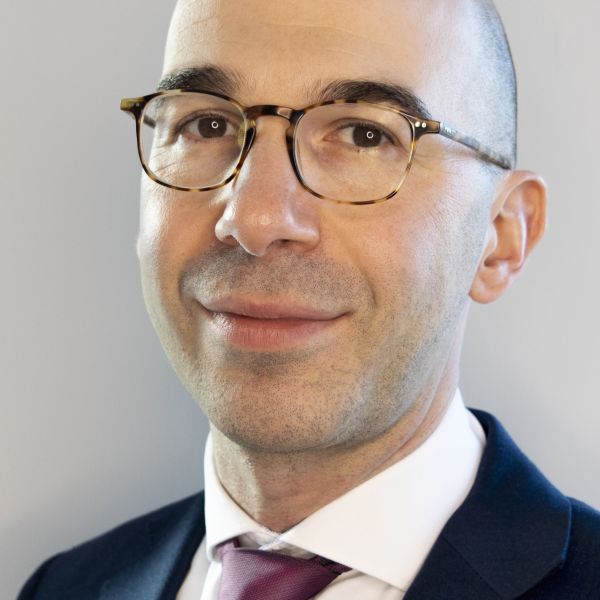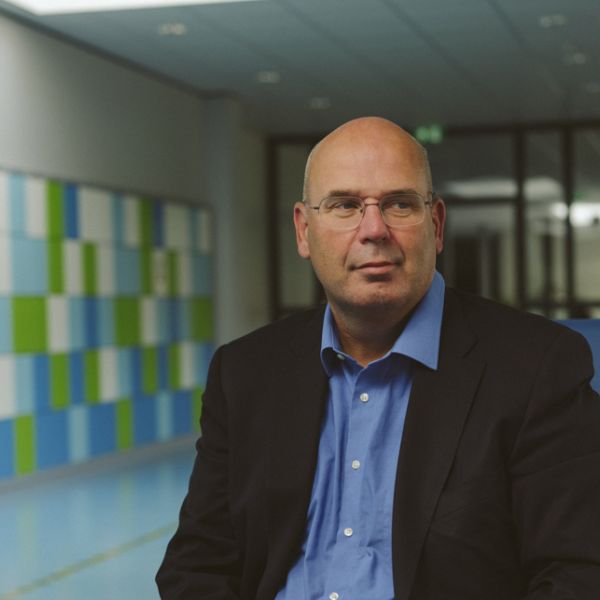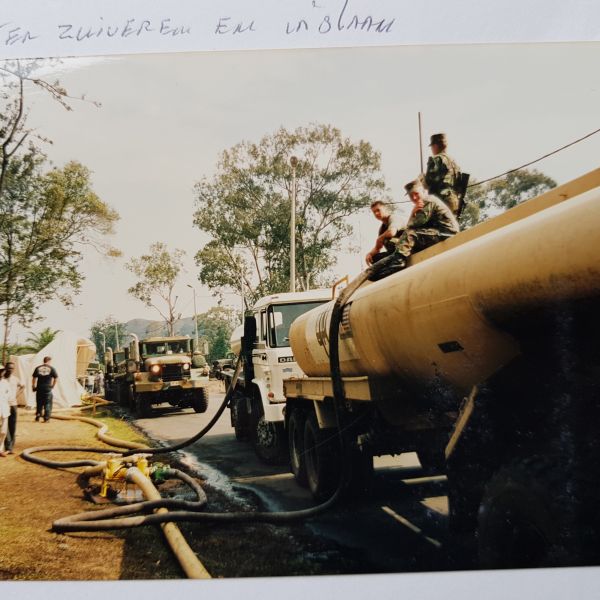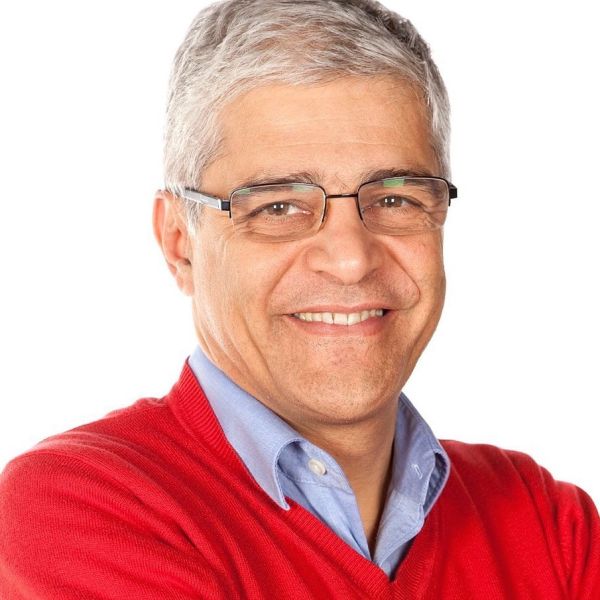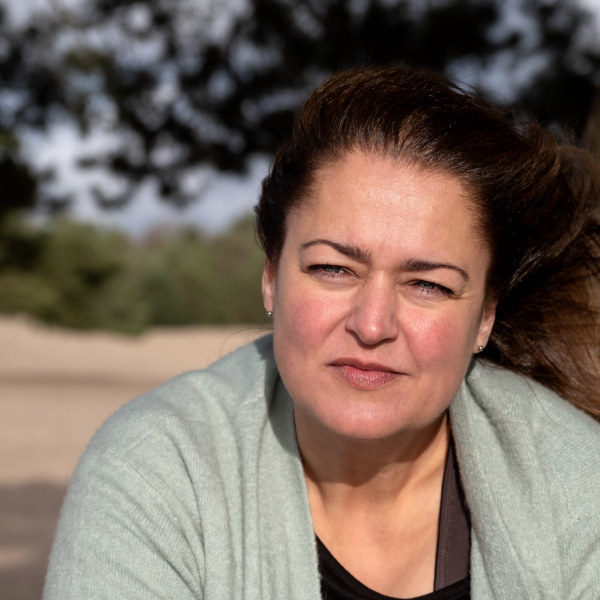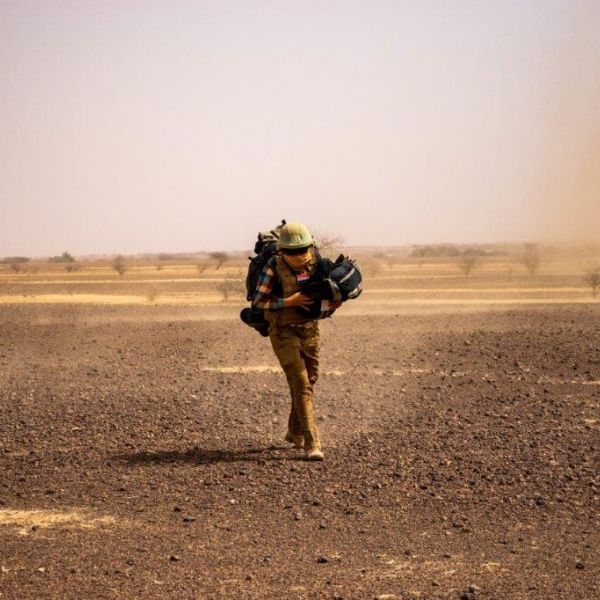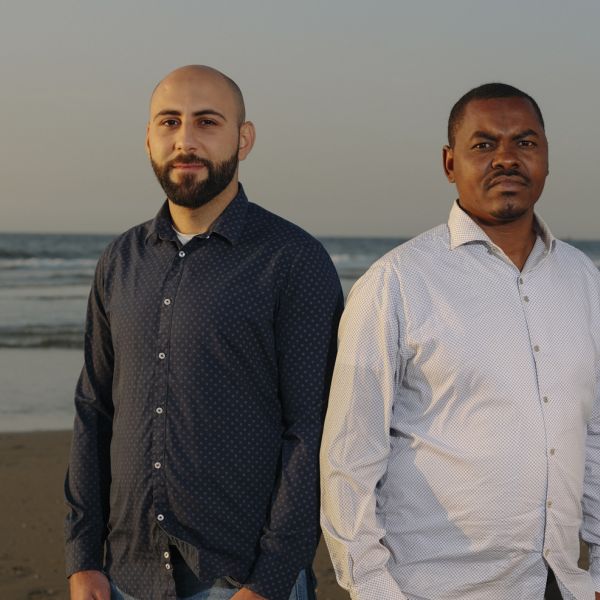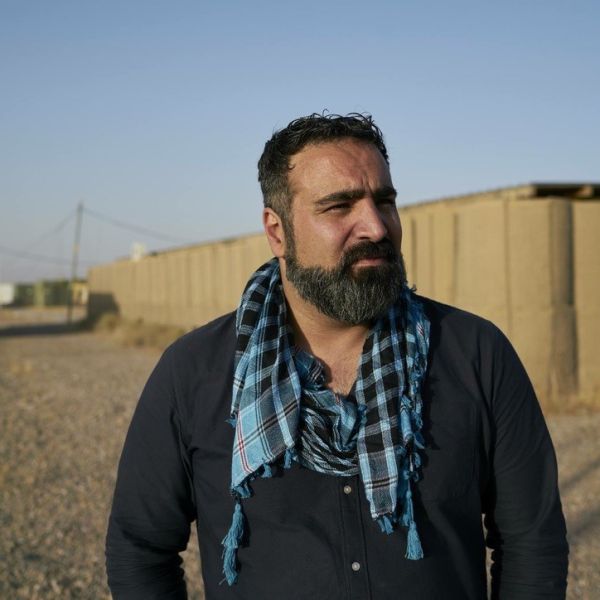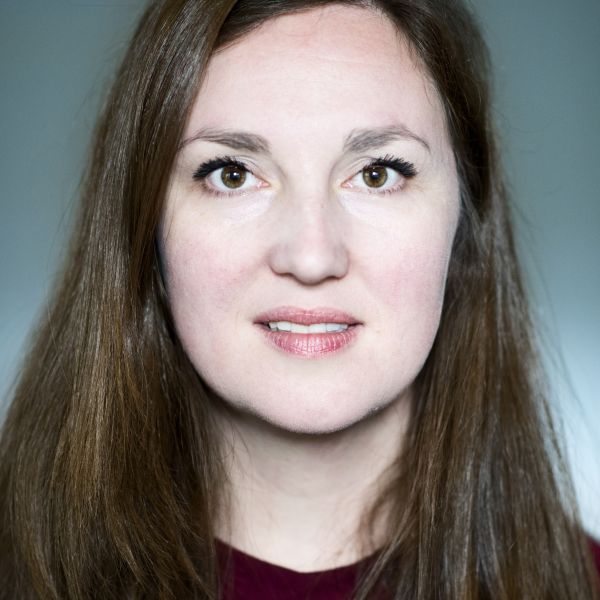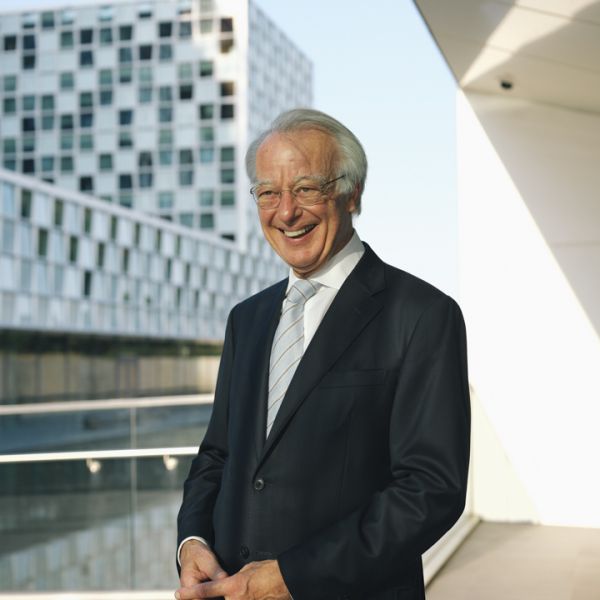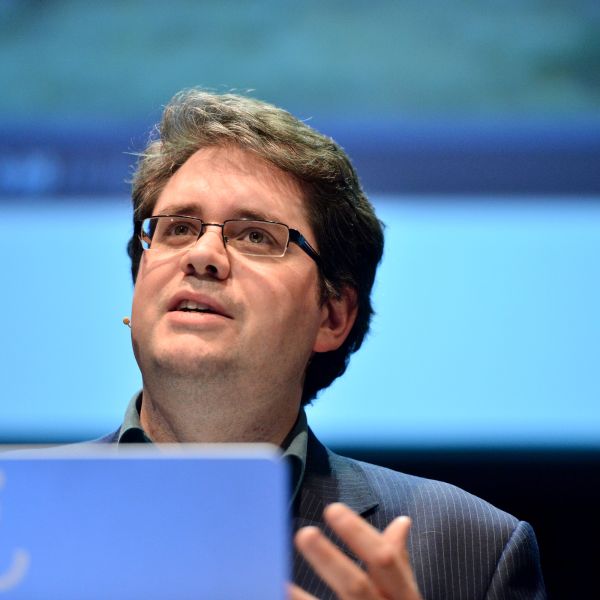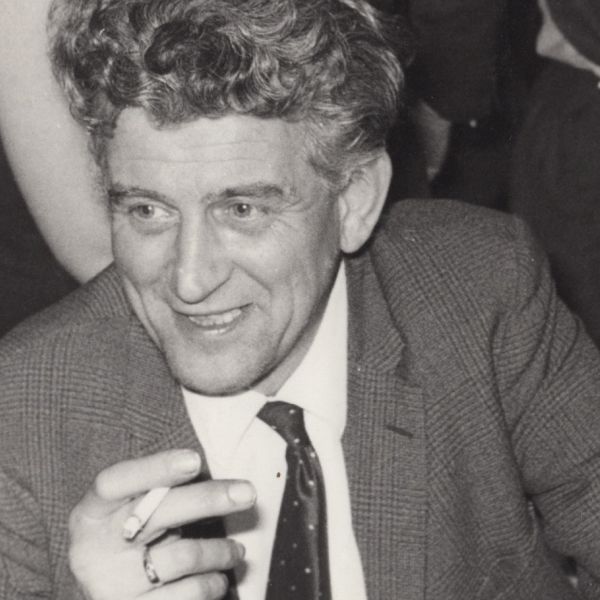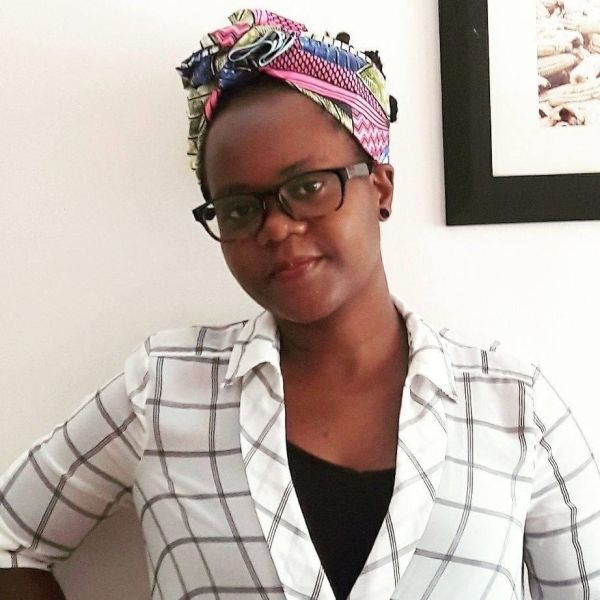75 years of UN in 75 stories: Miel Andriesse and Tanja Wolterbeek
The Second World War may have ended 75 years ago, but there are some subjects that are still very sensitive. “Children of Dutch Nazis, like Tanja, are as scarred from the war as I am,” says Miel Andriesse (1942), a Dutchman of Jewish descent. Together they are telling their story.
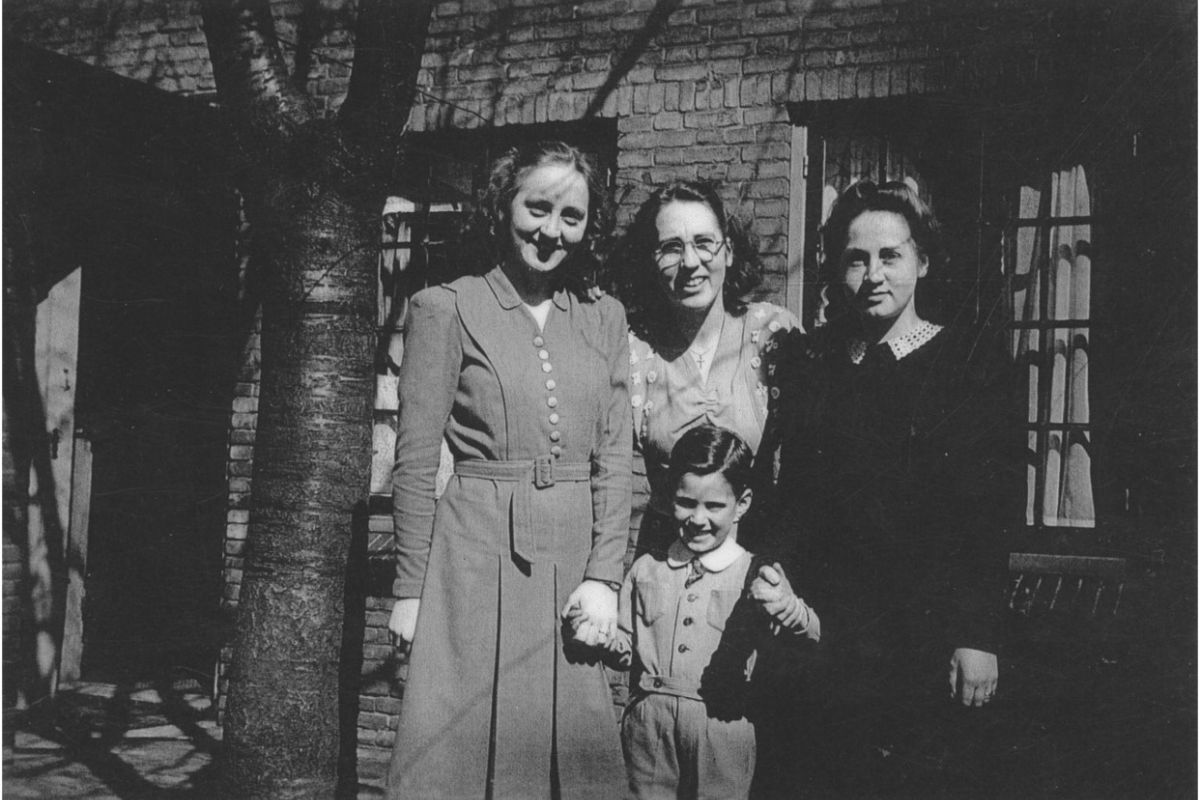
The Second World War was followed by a period of chaotic repatriation and relief for returning citizens. For the survivors of the camps and those who had been in hiding, assistance and relief were in short supply; those who had been sent to labour camps faced a long and arduous journey home and were uncertain what they would find there; Dutch Nazi party members and collaborators were driven out or fled the country. In many cases, people took the law into their own hands. The first months after the Nazi surrender were characterised by revenge and lawless impunity.
In the Netherlands, a number of organisations like the Red Cross were tasked with repatriating and caring for the survivors and the displaced. Alleged collaborators were arrested and imprisoned in camps in Vught and Westerbork, the same camps where the Nazis had put (mainly) Jews during the war. At the end of 1945, the Dutch Ministry of Justice established special courts to try alleged collaborators and war criminals.
The United Nations was founded not only with the objective of seeking peaceful conflict resolution but also to promote reconciliation between nations and ethnic groups. In 2004, the international days of remembrance for the victims of the Second World War, on 8 and 9 May, were rechristened as days of remembrance and reconciliation. The UN considers the search for rapprochement and dialogue to be a key element of preventing future conflicts.
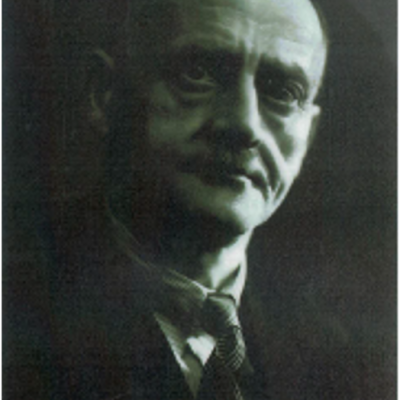
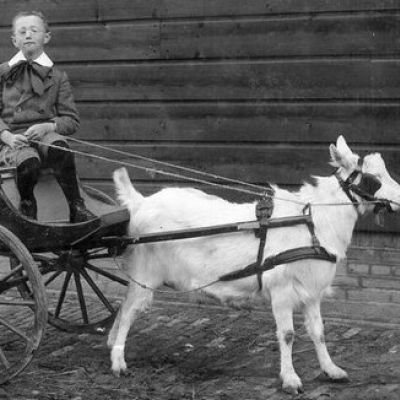
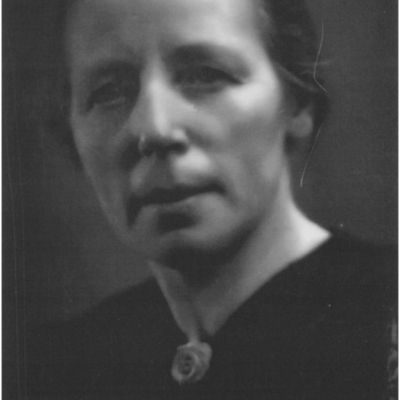
“You can never condemn the children for the sins of their parents”
When Samuel was placed in hiding with a Dutch family during the war, they changed his name – Samuel sounded too Jewish. So, he became Miel. His parents did not survive the war. While they were in hiding at a different address, they were arrested, deported to Auschwitz, and killed. After the war, Miel had just one aunt and uncle who had survived the war, and he went to live with them.
“It’s only very recently that we were able to determine for certain that it was not Tanja’s father who went to arrest my parents,” Miel says. Until they learned that for sure, that possibility was always in the back of their minds. Tanja Wolterbeek (1945) is the daughter of a man who was posted to the Sicherheitsdienst in the Eindhoven region, where Miel’s parents were in hiding.
After the liberation of Eindhoven on 18 September 1944, Tanja’s parents were arrested. Her mother, then pregnant, was sent to Kamp Vught, the same camp from which Miel’s parents had been transported to Auschwitz less than one year earlier. Tanja was born there in 1945.
Tanja’s life has been shaped and moulded by guilt and shame about her parents’ past. “But why? It’s they who did something wrong, not me, right?”
“It’s important that we keep talking to each other”
Miel and Tanja were already giving guest lectures separately when they were asked to speak together for the first time. “Of course we discussed how we could do that,” Tanja says. “What we wanted to get across with our story is that you can never condemn the child for the sins of their parents.”
The fact that they now give guest lectures together is quite unusual. “It’s important that we keep talking to each other,” Miel says. “Of course, everyone should face justice for what they have done, but not prejudice. Tanja has suffered from the war just as much as I have.”
Er is slechts één plek op aarde waar bijna alle landen van de wereld met elkaar aan tafel zitten: de Verenigde Naties. De VN richt zich op kwesties die de grenzen van landen overstijgen of zelfs de hele wereld aangaan, zoals vrede en veiligheid, klimaatverandering, onderwijs, gezondheid, cultureel erfgoed, economische ontwikkeling, en meer. Voor velen lijkt het werk van de VN erg abstract, maar door in gesprek te gaan met reddingswerkers, vredeshandhavers, hulpverleners, diplomaten, ooggetuigen, soldaten, en anderen die betrokken zijn bij de VN, wordt duidelijk hoe belangrijk het werk van deze organisatie is. Dit is precies wat het Humanity House heeft gedaan. Helaas heeft deze organisatie zijn deuren moeten sluiten, maar Just Peace en Museon-Omniversum hebben de handen ineengeslagen om hun verhalen te bewaren. Je kunt deze verhalen nu vinden op de website van Just Peace, en een deel ervan is ook opgenomen in een tentoonstelling over de VN in Museon-Omniversum.
The 75 Years of UN Stories were collected and curated by Frederiek Biemans for Humanity House.
